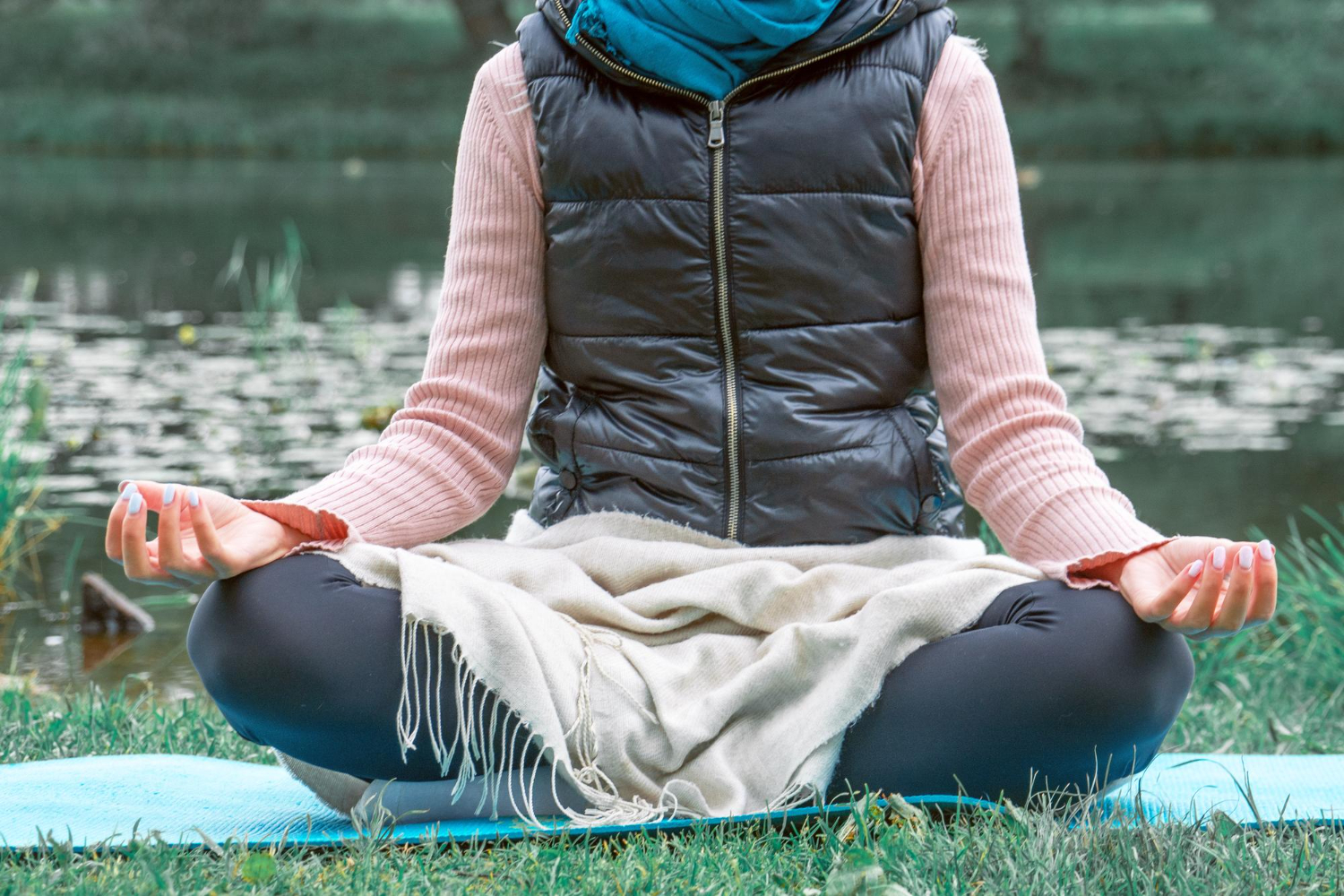Yoga for Mental Health: 8 Science-Backed Benefits
In today’s fast-paced world, mental health challenges like stress, anxiety, and burnout are increasingly common. While therapy and medication are vital tools, yoga offers a powerful, holistic complement - or even alternative - for nurturing emotional well-being. Here’s how this ancient practice can rewire your brain, calm your nervous system, and build lasting resilience.
1. Stress and Anxiety Relief
Yoga is a natural stressbuster. By activating the parasympathetic nervous system (your “rest and digest” mode), it lowers cortisol levels and slows racing thoughts. Practices like child’s pose, legs-up-the-wall, and alternate nostril breathing are particularly effective for grounding the mind and body.
2. Eases Depression
Research shows yoga can be as effective as antidepressants or talk therapy for mild-to-moderate depression. Gentle flows and breathwork increase serotonin and dopamine - your brain’s “feel-good” chemicals - while reducing inflammation linked to low mood.
3. Sharpens Brain Function
- Boosts memory and focus: Yoga increases gray matter in brain regions tied to learning and decision-making.
- Enhances neuroplasticity: Regular practice strengthens neural connections, helping your brain adapt to stress and new challenges.
4. Cultivates Mindfulness
Yoga teaches you to stay present, reducing rumination (overthinking past or future events). This mindfulness spills into daily life, helping you respond to stressors with clarity instead of reactivity.
5. Improves Sleep
Struggling with insomnia? Restorative yoga poses like reclining butterfly or corpse pose (Savasana) paired with guided meditation quiet the mind and relax the body, making it easier to drift into deep, restorative sleep.

6. Builds Emotional Resilience
- Self-compassion: Yoga encourages kindness toward yourself, reducing self-criticism.
- Trauma healing: Breath-focused practices help regulate the nervous system, making yoga a supportive tool for PTSD recovery.
7. Fosters Social Connection
Group yoga classes create a sense of community, combating loneliness - a major risk factor for mental health issues. Shared practice builds empathy and mutual support.
8. Supports Serious Mental Health Conditions
Emerging studies suggest yoga can help manage symptoms of schizophrenia, bipolar disorder, and OCD by balancing neurotransmitters and improving emotional regulation.
How Yoga Rewires Your Brain
Yoga works through two pathways:
- Top-down: Meditation and mindfulness calm the amygdala (your brain’s fear center).
- Bottom-up: Breathwork and movement stimulate the vagus nerve, reducing inflammation and promoting relaxation.
Getting Started: Less Is More
You don’t need to master handstands or meditate for hours. Even 10–15 minutes daily can:
✅ Lower stress hormones
✅ Boost mood
✅ Improve focus
Try this: Start with a 5-minute morning stretch and 5 minutes of deep breathing before bed.
Final Thoughts
Yoga isn’t just about flexibility - it’s a science-backed tool for mental clarity, emotional balance, and lasting resilience. Whether you’re managing daily stress or healing from trauma, rolling out your mat can be a transformative act of self-care.
Challenge yourself: This week, replace 10 minutes of screen time with yoga or breathwork. Notice how your mind and body respond!




